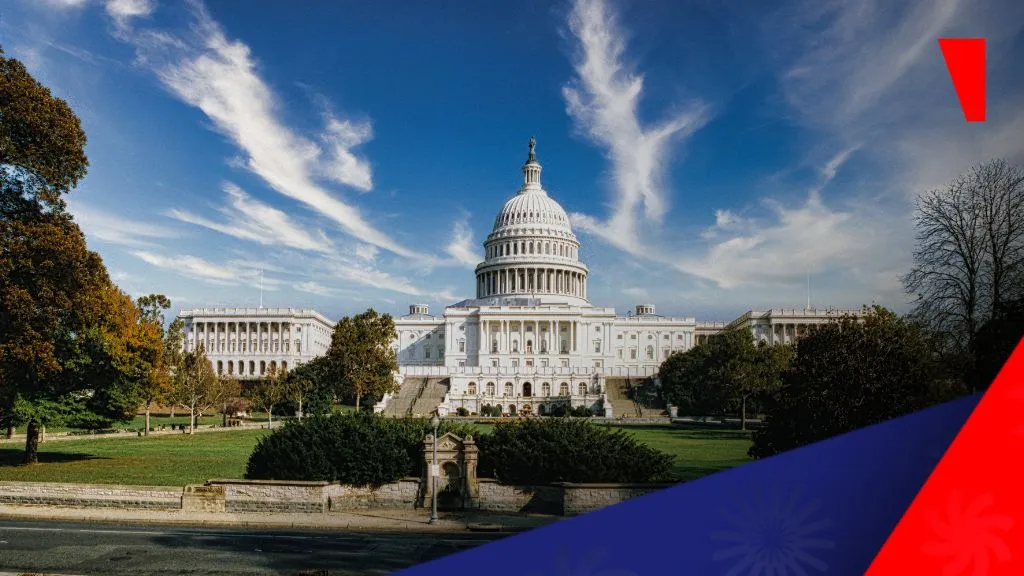Regional casino companies’ claims that online gambling damages physical venues are contested by a recent scholarly study. According to research, online sports betting may actually improve the performance of physical casinos, giving states more money without jeopardizing the viability of the current gaming sectors.
The Cordish firms and Churchill Downs, Inc. (CDI), two regional casino firms, have made a strong case in state legislatures over the past year that online casinos will hurt their operations. However, according to a recent scholarly study, lawmakers should take this into account when drafting legislation because digital sports betting can supplement and even expand the retail casino industry.
“Online sports betting seems more likely to either operate independently or supplement casino activity, allowing states to capture additional gambling tax revenue without sacrificing existing casino tax streams, rather than harming existing casino industries,” the study’s authors wrote. “States with well-established casino industries that have been worried about possible cannibalization effects from sports betting legalization may find this pattern especially instructive.”
ALSO READ: Online sports betting is growing. Why is in-person registration still required in Nevada?
The report was written by the Robert H. Smith School of Business at the University of Maryland, with co-authors from the UC San Diego Rady School of Management and the SMU Cox School of Business.
The study is conducted at a time when states are debating whether to legalize online casinos and the issue of cannibalization is a prominent topic. Regional casino industries, namely in Maryland, are campaigning against the addition of sports betting as well as permitted internet casinos. They contend that while digital gambling could encourage customers to visit physical casinos, not all of them gain from it.
Furthermore, in January, Mark Stewart of Cordish told a Maryland senate committee that the state’s financial commitment in internet platforms is insignificant when compared to physical casinos. In contrast to $900 million and 3,000 people for physical buildings, he claimed his business invested $500,000 and recruited one person to establish its Pennsylvania platform.
Although there is theoretically a synergistic link between online and retail gaming, in a market that includes both large, national corporations and regional operators, the largest casinos frequently reap the benefits while the smaller casinos claim to lose foot traffic.
Courtesy: https://www.covers.com, https://www.casino.org, https://pechanga.net








